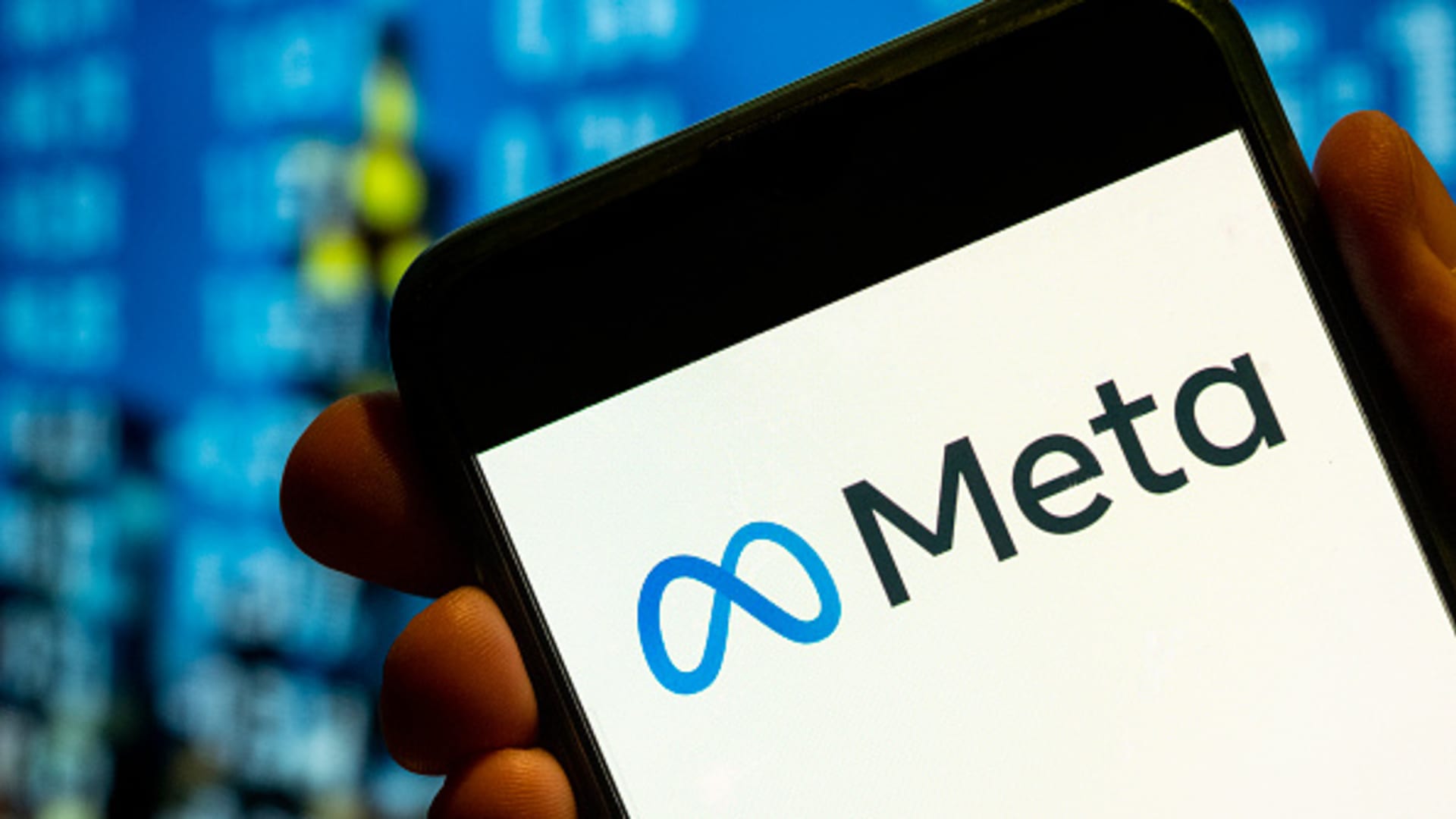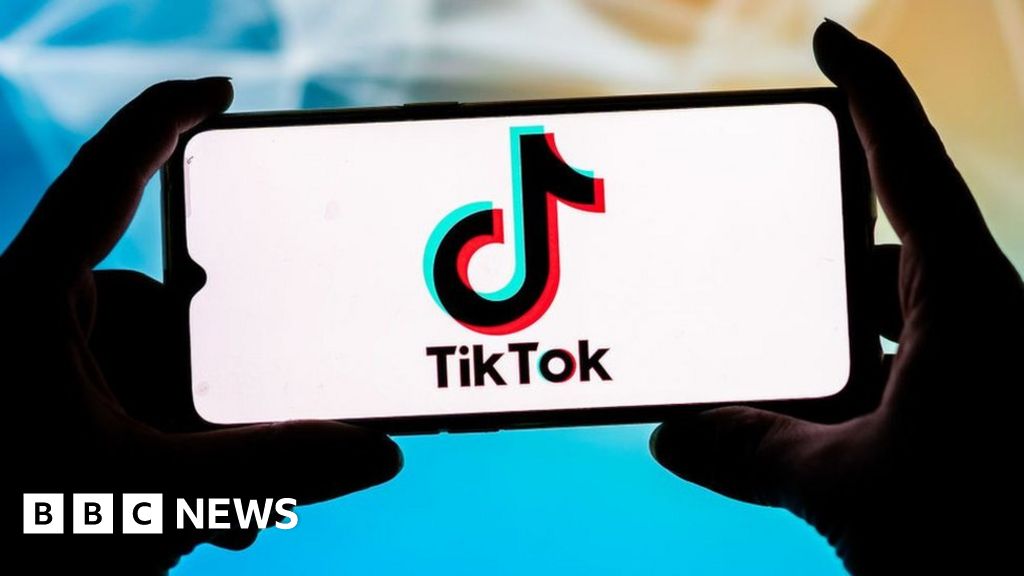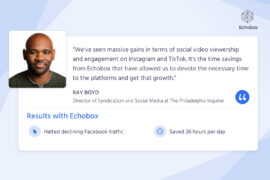Happy holidays, everyone! In the last Roundup of 2022: TikTok goes after YouTube, the EU goes after Meta and Elon goes after journalists. See you in 2023!
News
In what some perceive as a major challenge to YouTube, TikTok has begun testing support for videos in landscape orientation, as per this article from Annabelle Liang for the BBC.
The move, along with the previously announced expansion of the maximum video length to 10 minutes, signals TikTok’s designs on older users for whom longer, full screen videos are desirable.
TikTok, however, is facing growing headwinds as US states have banned the platform on government-owned hardware amid concerns about national security and privacy.

It’s Groundhog Day for Meta. This time, the EU has accused the company of breaching antitrust rules with respect to Facebook Marketplace – specifically by tying Marketplace to its social platform, reports Ryan Browne of CNBC. According to the EU, this gives Facebook users “no choice” but to have access to Marketplace.
It doesn’t stop there, however. The EU is also concerned about how Facebook leverages the data it collects from other classified ads services, alleging that Facebook’s terms and conditions are onerous for its competitors and give Facebook an unfair advantage.
If the accusations are upheld, Meta faces a fine of up to 10% of global annual revenue, totalling a whopping $11.8bn. Ouch.
Analysis

2022 was the Year of TikTok. The effects of the platform’s rise can be felt across the social media landscape – Facebook, Instagram and YouTube have all seen their dominance challenged.
But what does this mean for the way we live online? If Vanity Fair’s Delia Cai is right, then it means the end of a communal experience of the internet.
You may have seen that several journalists had their Twitter accounts suspended after being accused by Elon Musk of doxxing him (posting his location online). It goes without saying that no such doxxing actually occurred, but the mind of Musk is an impenetrable thicket of grievance and vendetta these days.
Understanding what is, on the face of it, a fairly petty dispute, means understanding the peculiar ecology of online journalism and the overweening ambition of Big Tech CEOs to shape the media narrative in a light favorable to them.
As Kaitlyn Tiffany’s piece in The Atlantic makes clear, this latest row is a much bigger one in microcosm.
AI
Who wants to live forever? Queen once asked. Well, some of us do, apparently.
This piece by the photographer Rankin in Wired, argues that “new forms of posthumous digital presences” will be big in 2023 – from holograms to deep fakes – kinda like taxidermy for the digital age.
The catch is that all of these afterlives depend, in a pretty fundamental way, on your actual life, or rather your data. Not just your likeness, but your voice and the things you say could all be fodder for the algorithms that will make dead you into a passable facsimile of living you.
AI-powered chatbots and image generators have been big news this year as technologies develop and larger and larger amounts of data are hoovered up. But the products of these technologies could be poisoning the well.
According to Melissa Heikkilä for the MIT Technology Review, as all of these AI-generated text and images are released onto the internet, they become a large and inseparable part of the data sets that future AI tools will be trained on. The result? Sophisticated technology trained on a whole lot of rubbish.







